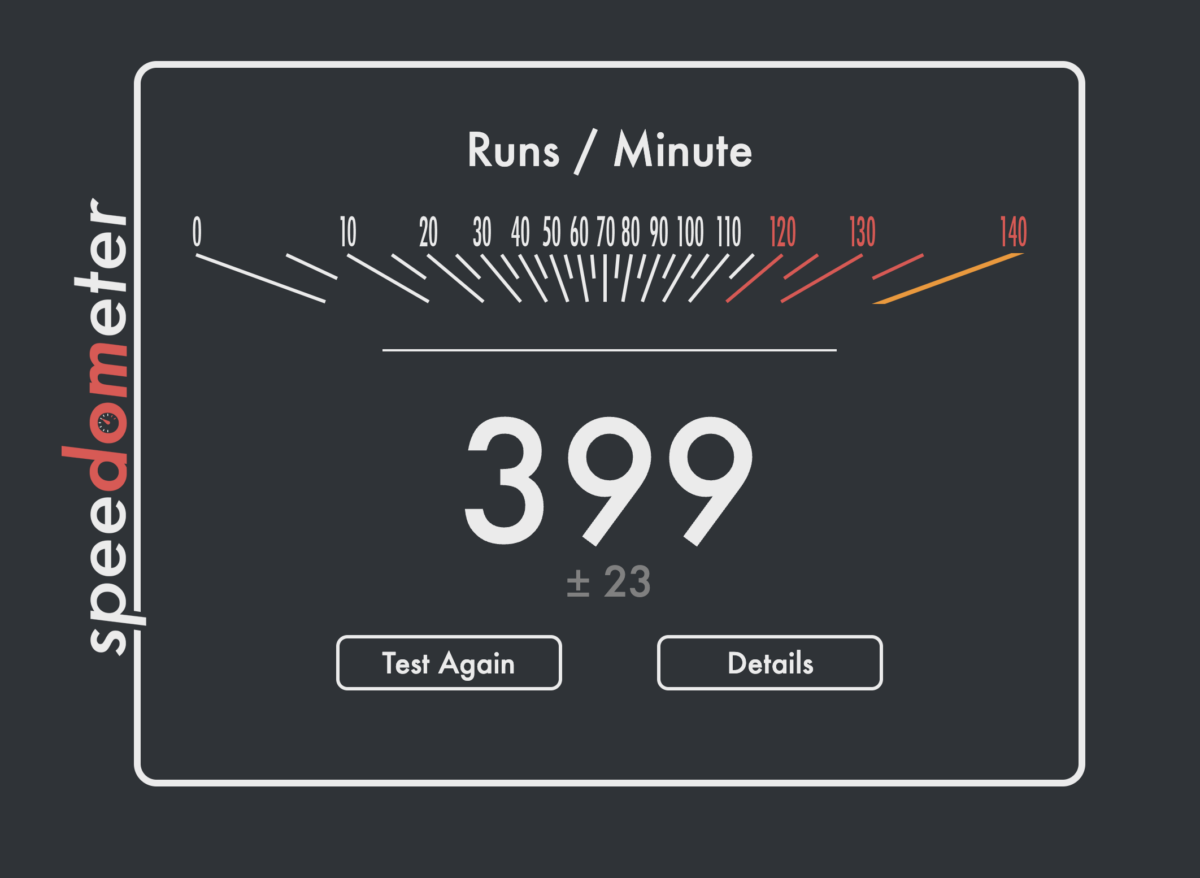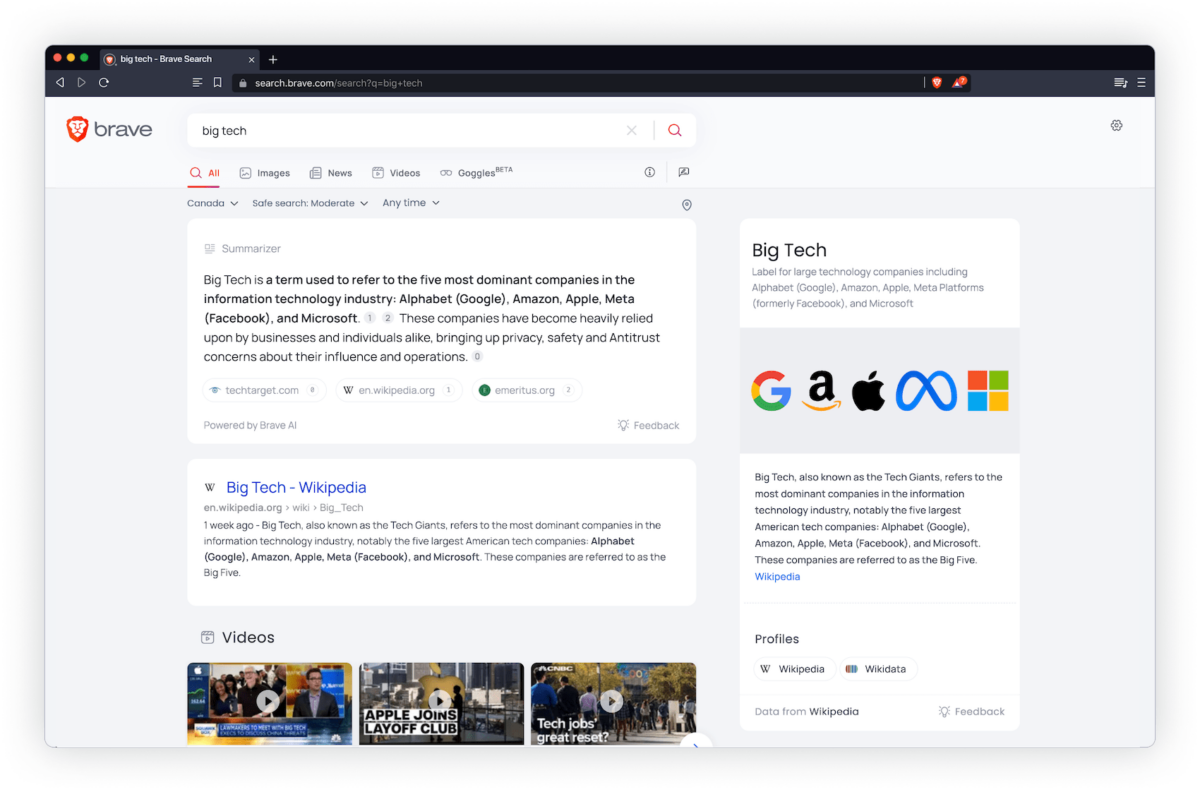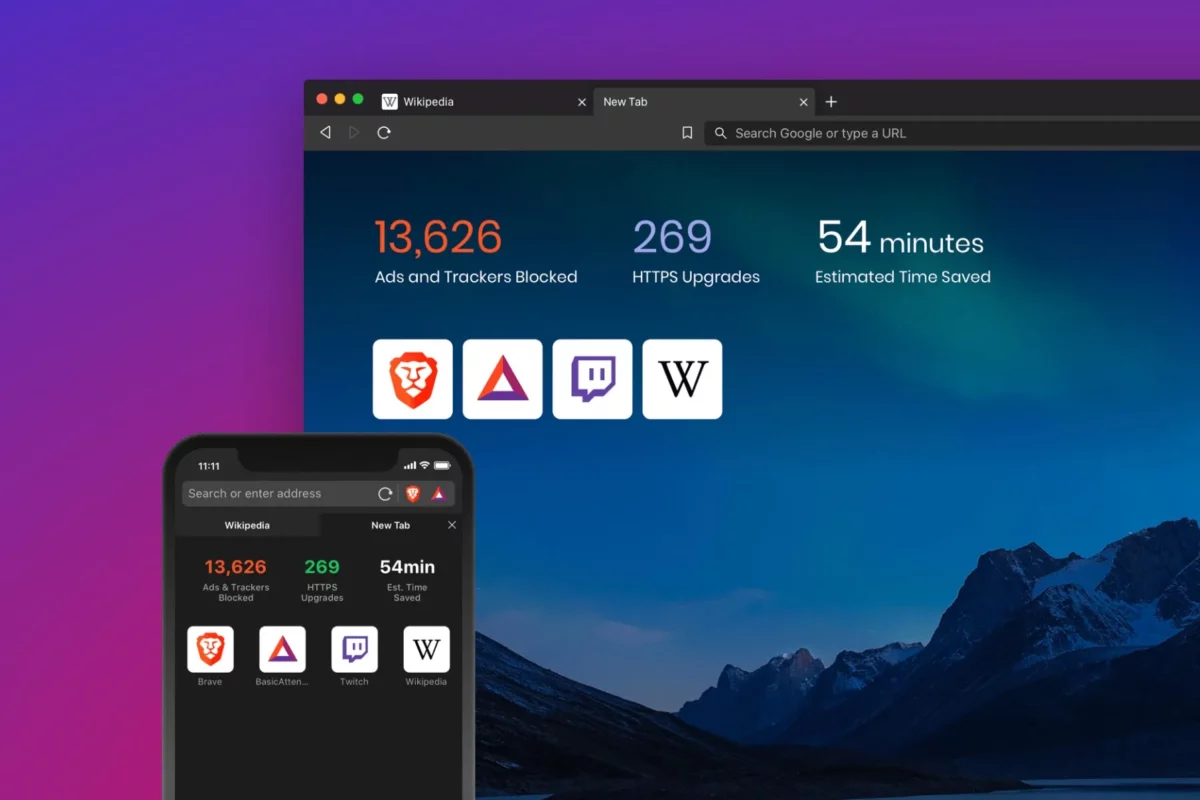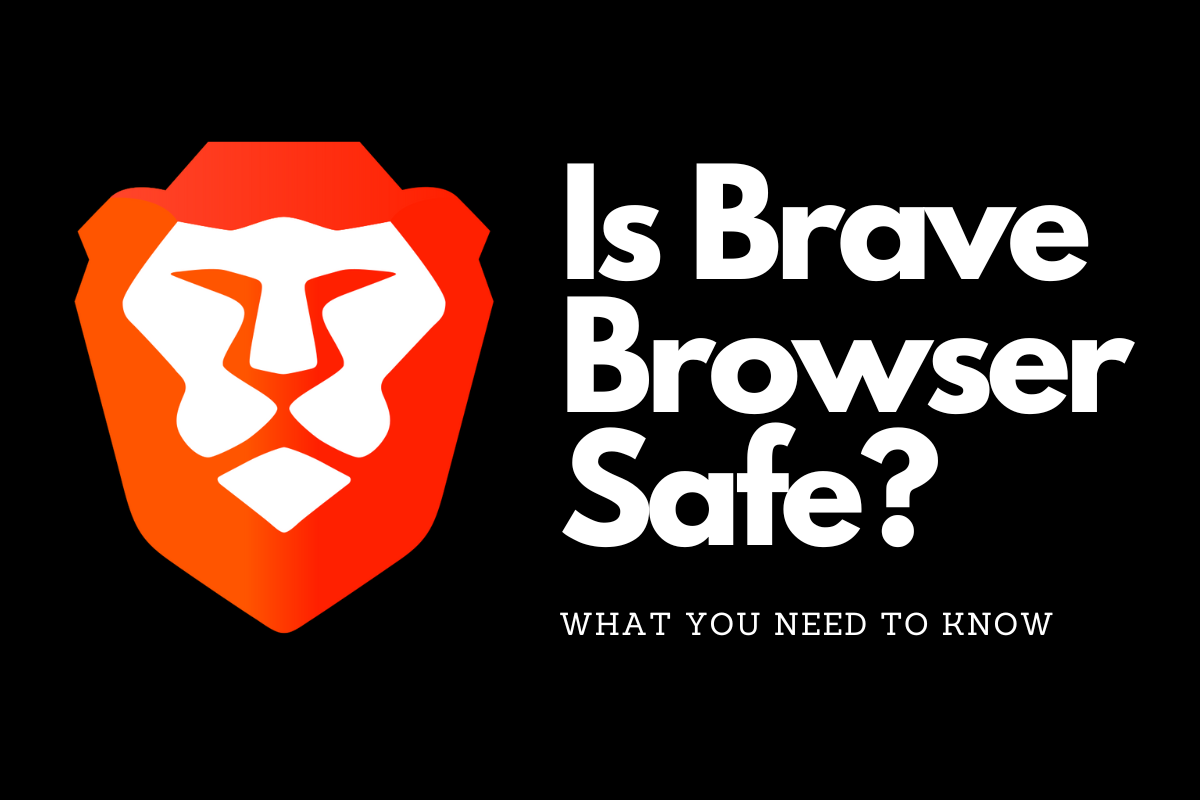Brave has positioned itself as a viable alternative to the likes of Google Chrome and Microsoft Edge. But is it safe? Does it all add up? Let’s find out…
TL;DR: Brave Browser’s Privacy Features in 2024
So, is Brave browser safe in 2024? The answer is a resounding yes. With its unwavering commitment to user privacy, innovative approach to advertising, and impressive performance optimizations, Brave stands out as the most secure web browser on the market right now.
- Built-in ad and tracker blocking: Brave shields your online activities from invasive tracking by default.
- HTTPS Everywhere: Upgrades connections to HTTPS for enhanced security whenever possible.
- Fingerprinting protection: Prevents browser fingerprinting attempts, keeping your identity safe.
- Customizable Shields: Allows granular control over blocking cookies, scripts, and other site elements.
- No personal data storage: Brave doesn’t store any personal data on its servers, keeping your information private.
- Privacy Reports: Provides insights into the number of trackers and ads blocked over time.
- Brave Search: Offers a privacy-focused search experience without collecting user data by default.
- Tor integration: Allows opening private tabs using the Tor network for enhanced anonymity.
- Clear data control: Gives you full control over clearing browsing data, history, and cookies.
- Private sync: Enables syncing bookmarks, extensions, and other data across devices securely.
Chrome is the biggest and most popular web browser on the planet. It’s also the worst when it comes to tracking and privacy. You can think of it as a trojan horse, whereby you browse the web and Google gets terabytes of personalized data about what you’re doing at all times.
For whatever reason, most people seem fine – or, more likely are completely ignorant – about this tradeoff. Me? Not so much. That’s why I switched to Brave many moons ago.
And it is also why DuckDuckGo is experiencing record levels of downloads and traffic on its search engine.
As for the question of whether Brave is safe? The answer is, of course, yes – Brave is safer than Chrome, it is more secure, and your data is better protected. I don’t get why more people aren’t asking the same thing about Google’s Chrome. It’s bizarre.
There’s just this assumption that Google can do no wrong, and yet – next to Meta – it is one of the worst offenders when it comes to its privacy features.
If you’re looking to bone-up on your data privacy in 2024, a great place to start is with your web browser. Brave is not only a brilliant Chrome alternative, but it is also one of the most trusted web browsers in hardcore privacy circles. You’ll find out more about why below…
Hardcore Privacy, No Tracking & Ad-Blocking As Standard

Brave blocks literally everything – from ads to trackers and even fingerprinting attempts by default. This means that from the moment you launch the browser, your online activities are shielded from prying eyes, giving you a level of privacy that many other browsers struggle to match.
The browser also upgrades your connections to HTTPS wherever possible, ensuring that your data remains encrypted and secure as it travels across the web.
And if you’re looking for even more control over your browsing experience, Brave’s Shields feature allows you to customize the blocking of cookies, scripts, and other site elements on a per-site basis.
Out of the box, you don’t need to touch Brave. It’s secure as can be. But Shields gives you a granular level of control you simply do not get on any other browser.
Sure, Tor is probably more secure from a privacy perspective. But it is slow and lacks many of the finesse and features you get with Brave.
Brave Rewards
Everybody hates online ads. Myself included, despite the fact we run them on this site. We have to, basically. It is how we – as a business – make money and pay our writers.
But I do wish there was another way to monetize internet traffic, away from the traditional model of advertising.
Brave Rewards is Brave’s attempt at doing this. By leveraging its browser and developing its own cryptocurrency, Basic Attention Token (BAT), the company has created a new way for both viewers and creators to be rewarded.
Does it work? In theory, yes – but the value of BAT is so low that it will probably never replace other forms of online monetization. Still, as a concept, it is brilliant and perfectly executed inside the Brave ecosystem.
By opting into this program, users can choose to view privacy-respecting ads and earn Basic Attention Tokens (BAT) as a reward for their attention.
What sets Brave Rewards apart is its use of the blockchain to create a transparent and equitable ecosystem for users, advertisers, and publishers alike.
Earned BAT accumulates in a built-in wallet and can be used to support your favorite content creators, fund your own browsing, or even be cashed out after verifying your identity.
Performance and Speed

In the world of web browsing, speed is king. And this is where Brave truly shines. I benchmarked Firefox, Chrome and Brave on my Mac Studio earlier this year and the results were jaw-dropping. Brave wiped the floor with all of them.
How did it do this? By blocking resource-heavy ads and trackers, Brave typically loads pages 3-6 times faster than Chrome and Firefox on desktop.
The score for Brave is roughly 18 times higher than that of Chrome and Firefox. This suggests that Brave is significantly more efficient at handling the types of web app responsiveness tasks that Speedometer measures.
These tasks include DOM API calls, string operations, and other common tasks needed to dynamically update the content of a web page.
Conclusions & Key Takeaways
Based on these results, I believe there are a few potential implications:
Full Report
- Firstly, Brave’s architecture and its emphasis on blocking trackers and ads may contribute to its efficiency. Without the overhead of processing ads and trackers, Brave can likely allocate more resources to executing web applications, potentially leading to the higher score I observed.
- Secondly, for users who prioritize performance, especially when running web applications, Brave could offer a notable advantage over Chrome and Firefox. The significantly higher Speedometer score suggests that web apps may feel more responsive and snappy in Brave.
This performance boost is even more pronounced on mobile devices, where resources are often more constrained and data speeds vary. If you want a faster more secure web browser, Brave is where you should be looking in 2024 and beyond.
Customization and Cross-Platform Availability
From custom themes to the ability to modify the position of interface elements (as you can in Vivaldi and Arc), Brave allows you to make the browser truly your own. And with support for Chrome extensions, you can further extend its functionality to suit your needs.
Brave is available across all major platforms, including Windows, macOS, Linux, Android, and iOS.
Brave Search

Built on the same privacy-first principles as the browser, Brave Search aims to provide users with a more secure and independent alternative to the likes of Google and Bing.
By maintaining its own web index and reducing reliance on third-party providers, Brave Search can deliver comprehensive search results without compromising user privacy.
The search engine does not collect user data by default, ensuring that your searches remain private and free from targeted advertising. And with the Goggles feature, you can apply your own rules and filters to customize your search results according to your preferences.
One year ago, we launched Brave Search to give everyone online a real choice over Big Tech: a privacy-protecting, unbiased alternative to Google and Bing, and a truly independent alternative to providers—such as DuckDuckGo or Startpage—that rely on Big Tech to run.
Today, Brave Search is exiting its beta phase. It’s the default search engine for most new Brave browser users, and any user can search privately using Brave Search in their favorite browser by going to search.brave.com. It’s had rapid user growth, released a slew of innovative features, and challenged the Big Tech monopolies head on. All while staying true to core principles:
Brave Press Release
- Independence: We serve results from our own built-from-scratch index of the Web
- Privacy: We don’t track you, your searches, or your clicks
- User-first: We put you first, not the advertising or data industries
- Transparency: We don’t censor, bias, filter, or downrank results (unless legally required to)
- Seamlessness: Brave can offer a best-in-class integration between the browser and search—from personalization to instant results as you type—without compromising privacy
Is it as good as Bing or Google? Not quite. Google is joke at the moment, so I’d say that Bing is currently the search engine to beat right now when it comes to quality SERPs.
Still, I predominantly use Brave Search on my mobile and after a good 12+ months of using as my default, I honestly don’t miss Google or Bing that much.
The only slight caveat of Brave Search is that it doesn’t seem to update as fast as Bing or Google. With breaking news, there is a noticeable lag between Brave’s search engine and Bing and Google’s.
But it’s still a relatively new search engine, so there’s plenty of scope for development. What I like most about Brave Search, though, is that it is something the world desperately needs right now: an alternative to Google and Microsoft’s vision for how search engines should work.
The Bottom Line

So, is Brave browser safe in 2024? The answer is a resounding yes. With its unwavering commitment to user privacy, innovative approach to advertising, and impressive performance optimizations, Brave stands out as a secure and trustworthy choice in the crowded browser market.
By blocking invasive trackers, rewarding your attention, and offering a range of customization options, Brave presents a new way to not only browse the web but also monetize the creators that make it possible.


